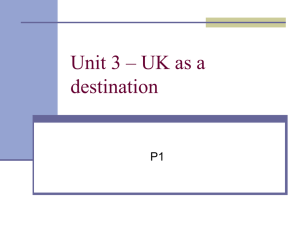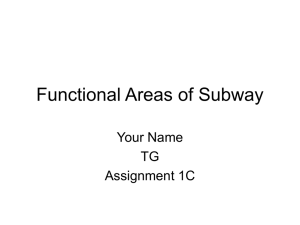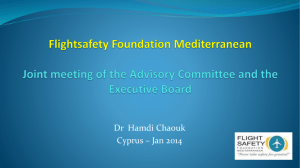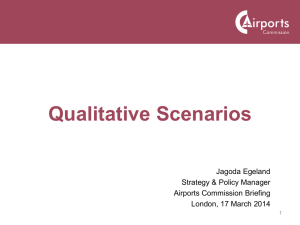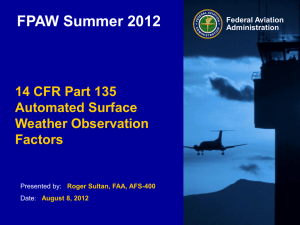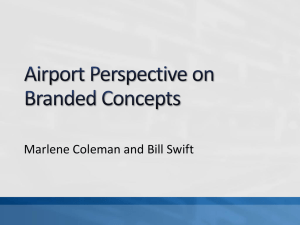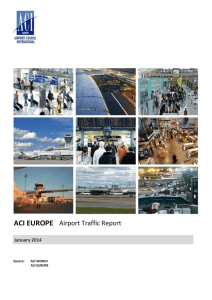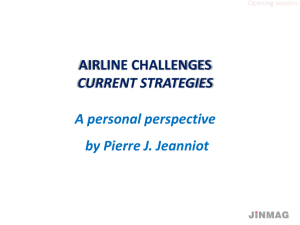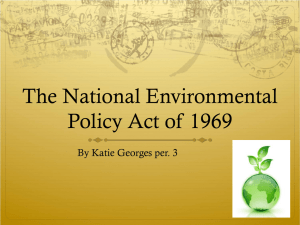Aviation State Aid GuidelinesPDF, 212.5 KByte
advertisement
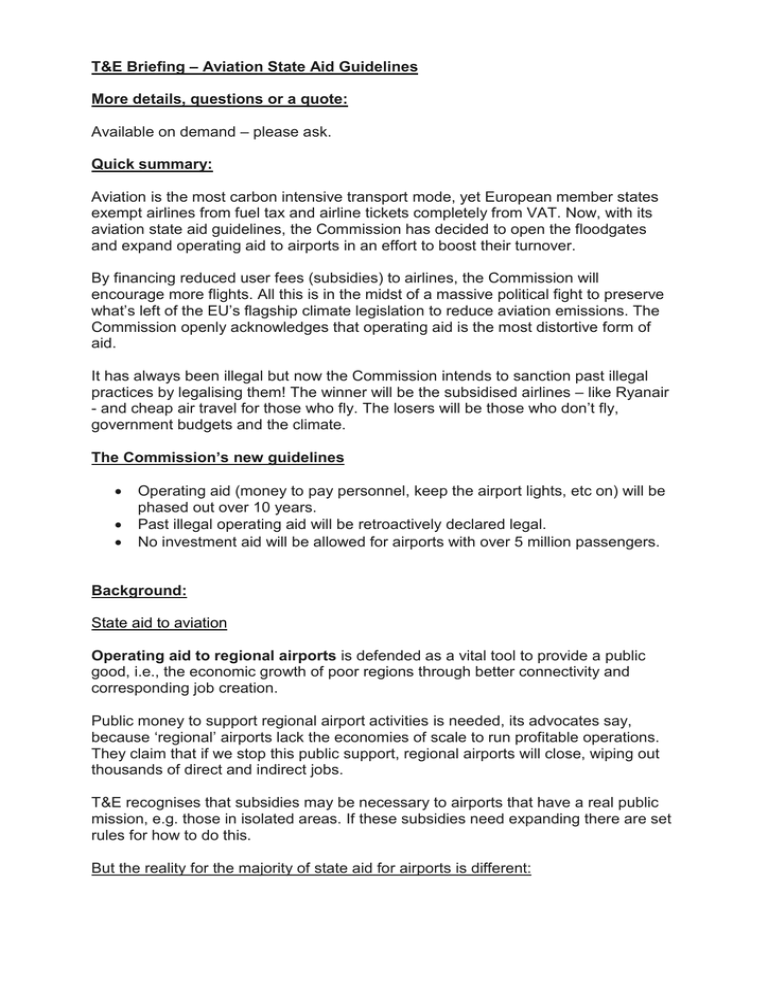
T&E Briefing – Aviation State Aid Guidelines More details, questions or a quote: Available on demand – please ask. Quick summary: Aviation is the most carbon intensive transport mode, yet European member states exempt airlines from fuel tax and airline tickets completely from VAT. Now, with its aviation state aid guidelines, the Commission has decided to open the floodgates and expand operating aid to airports in an effort to boost their turnover. By financing reduced user fees (subsidies) to airlines, the Commission will encourage more flights. All this is in the midst of a massive political fight to preserve what’s left of the EU’s flagship climate legislation to reduce aviation emissions. The Commission openly acknowledges that operating aid is the most distortive form of aid. It has always been illegal but now the Commission intends to sanction past illegal practices by legalising them! The winner will be the subsidised airlines – like Ryanair - and cheap air travel for those who fly. The losers will be those who don’t fly, government budgets and the climate. The Commission’s new guidelines Operating aid (money to pay personnel, keep the airport lights, etc on) will be phased out over 10 years. Past illegal operating aid will be retroactively declared legal. No investment aid will be allowed for airports with over 5 million passengers. Background: State aid to aviation Operating aid to regional airports is defended as a vital tool to provide a public good, i.e., the economic growth of poor regions through better connectivity and corresponding job creation. Public money to support regional airport activities is needed, its advocates say, because ‘regional’ airports lack the economies of scale to run profitable operations. They claim that if we stop this public support, regional airports will close, wiping out thousands of direct and indirect jobs. T&E recognises that subsidies may be necessary to airports that have a real public mission, e.g. those in isolated areas. If these subsidies need expanding there are set rules for how to do this. But the reality for the majority of state aid for airports is different: Argument 1: Small airports won’t close: over the past decade, airports under 1m passengers grew by 135%, airports under 5m passengers by 79% and airports over 5m passengers by ‘only’ 29% between 2004 and 2012. It seems small airports are exploding rather than struggling. State aid is the primary reason that smaller airports have grown so much faster than larger airports. Thus, phasing out operating state aid will even out growth rates. Argument 2: Jobs will not be lost: even if there are some job losses from airports the question that must be asked is where the money that had been aid will go instead –if it is on other business in the region then presumably the net employment effect will be neutral or potentially even higher if the money is spent on something that has a greater growth impact in the region. Argument 3: No evidence that regional airports boost local economic growth Hundreds of ‘regional’ airports across Europe are in receipt of substantial taxpayer monies without providing a corresponding public benefit. We have yet to see any document from the Commission proving that airports improve regional growth. Argument 4: Connectivity boosts the economy The most comprehensive study on this issue by consultancy CE Delft failed to find a causal relationship between the connectivity provided by such airports and economic growth. Argument 5: It’s a very democratic subsidy as everybody benefits from it: To the contrary, the subsidy is going to the rich: even at Stansted, a low-cost airport, the average income per passenger is a third higher than average. Operating aid represents a serious and unfair distortion of competition between flag carriers and low-cost airlines, which disproportionately benefit from public monies. The Commission acknowledge that operating aid destroys the level playing field, “operating aid is in principle a very distortive form of aid and can only be authorised under exceptional circumstances.” However, implicitly the draft guidelines suggest that improved connectivity and lacking economies of scale of smaller airports could justify State aid. All this past taxpayer money to airports has actually been illegal –in most other industries it is recognised that EU states propping up one industry over another distorts trade. The Commission simply hasn’t been enforcing the past rules, they are now just bring aviation in line with standard EU rules. T&E Asks: -there should be strict rules around the granting of public resources to airports and airlines, much stricter than the Commission is proposing: -the phase out period for operating aid should be much shorter: 5 years maximum -the allowance of infrastructure aid should be phased out as well -there should be no allowable start-up aid to airlines, Europe has a well-developed aviation market and direct subsides to airlines should not be allowed.
